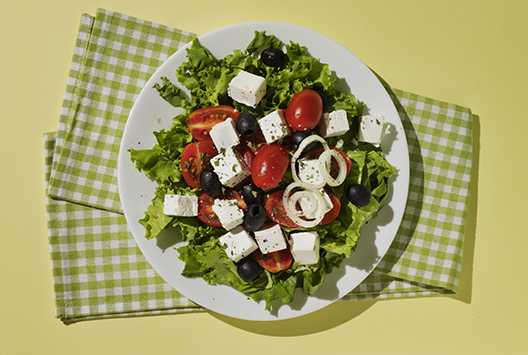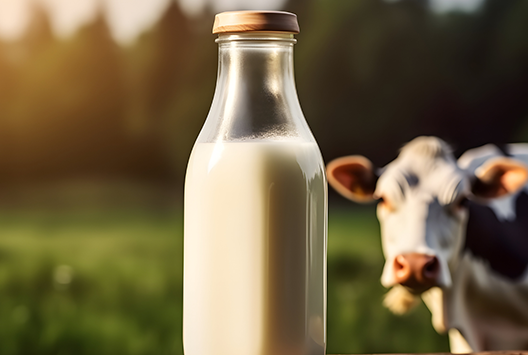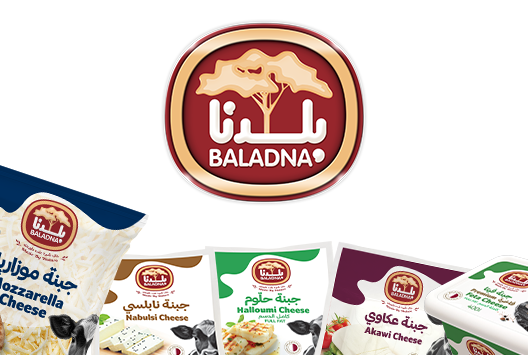
Traditional Greek Dishes with Feta Cheese You Must Try
Similar
The world of feta cheese is a salty, crumbly one - and we have Greece to thank for that. This cheese has been a favorite in many cultures and cuisines for centuries, and are you even surprised? It’s delicious and goes well with so many different meals. It’s also what makes Greek Salad so irresistible.
Aside from its savory goodness, it’s also loaded with essential vitamins and minerals. It’s also packed with protein and light on the fat, so it’s a win-win option for those who lead a healthy lifestyle.
The best part about feta cheese is its versatility. One can’t help but get creative with this type of cheese, and we’re here to share two dishes that you must try to make with the feta cheese you have hanging around in your fridge.
Spanakopita
Spanakopita is a beloved Greek snack and one of the most popular dishes in Greek cuisine, and for good reason. It is a flaky pastry parcel filled with a delicious combination of sautéed spinach, gooey feta cheese, and a unique blend of herbs and spices. It makes for a great appetizer, side dish, or even a light meal.
To make the filling, sauté the spinach with onions and garlic to add a rich depth of flavor that pairs nicely with feta cheese. Once cooled, add chopped parsley, crumbled feta, grated Parmesan cheese for extra cheesy goodness, and some salt and pepper to taste. You could also add your favorite herbs and spices as well.
The pastry used to make spanakopita is light and flaky, and is usually made from layers of butter and flour, rolled out, and filled with spinach and feta. Alternatively, you can use store-bought phyllo pastry to make the preparations much easier. All you have to do is butter a pan and layer your phyllo pastry on top of each other, with butter separating the layers. Pour the spinach and feta mixture over the phyllo dough layers and then fold the edges of the phyllo dough over the spinach mixture. Bake in a pre-heated 375°F oven for 30-40 minutes or until golden brown.
Baked Feta
When cooking with feta, using only the finest Greek feta is key. That is because feta from Greece is known for its superior flavor, texture, and quality. Baked feta, in particular, requires the best feta to ensure a delicious and memorable meal.
This traditional Greek recipe is a must-try! All you have to do is bake a block of feta with tomatoes, peppers, and onion to create a wonderfully aromatic dish that will impress. The combination of flavors creates an unbeatable combination of salty, tangy, and sweet. To prepare this recipe:
1. Preheat your oven to 375°F.
2. Cut the feta into cubes and place in a baking dish.
3. Add the tomatoes, peppers, and onion, and drizzle with olive oil.
4. Sprinkle with oregano, basil, and salt and pepper to taste.
5. Bake in the preheated oven for 25 minutes.
The feta cheese will soften and melt into the vegetables, while the tomatoes and peppers will become slightly charred. Adding herbs and spices will infuse the entire dish with a delicious aroma.
It’s always better with feta
Feta cheese is a magical ingredient that can leave different types of palates amazed. From salads to appetizers, there is so much you can do with feta cheese.
If you want the finest Greek feta cheese, check out what Baladna has to offer. We pride ourselves on bringing only the best exotic cheeses to the market. So, if you want to take Greece to your home, order our feta cheese now!



